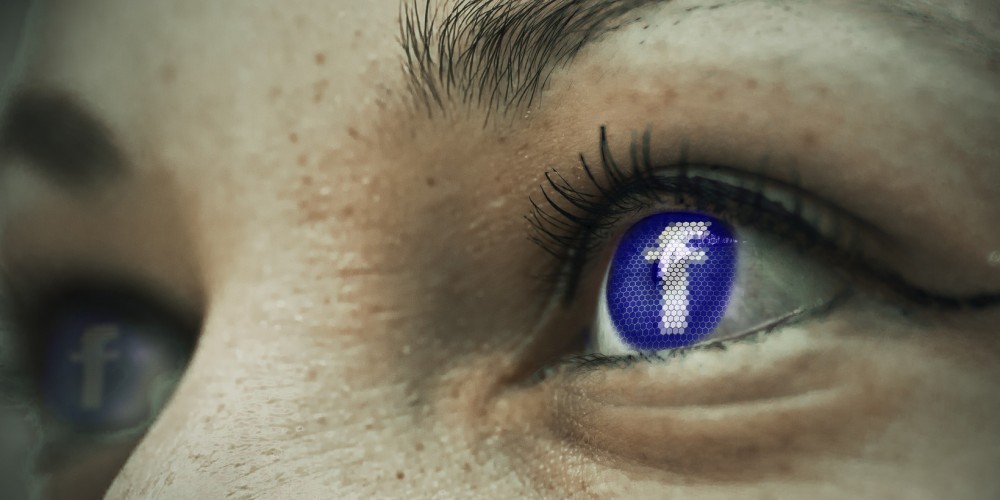Mark Zuckerberg passed through. So what?

Mark Zuckerberg, founder of Facebook, was in Nairobi the other day. I thought we would note that and get on with our lives, but quite a sensation was created. I am really reluctant to add to the commotion, but I feel a couple of observations are necessary.
Facebook is undoubtedly one of the most important corporations on earth. It has only been in existence for a decade or so; yet today it is ranked as one the world’s top five companies by market value. It has more than 1.7 billion monthly active users at the moment – a very large chunk of the world’s population. And Facebook owns Messenger, WhatsApp and Instagram, which are themselves amongst the world’s most popular social platforms.
It’s great that Mark Zuckerberg paid us a surprise visit in Kenya. For one thing, I was delighted that young Kenyans could observe a simply dressed, down-to-earth young leader in action. No grand entourage, no pomp and ceremony, no closing of major roads. Nice. That’s how it should be.
Another great result of the visit? Mark Zuckerberg’s posts about his visit are invaluable to us. An iconic global figure applauding Kenya’s many innovations and its beauty and energy is the sort of marketing you can’t pay for.
But could we leave it there? It’s nice that he came; it’s interesting that Africa is of major strategic interest; it’s good that our youngsters saw a different style of achievement from our usual show-off big-man swagger. What gets perplexing is why so many of us have the time and inclination to debate other people’s lives for hours on end. Or use a foreigner’s visit to start infantile social-media scraps with other countries.
While we engaged in schoolyard arguments, we forgot to pay attention to why Zuckerberg was actually here. This was no chance visit. It may have looked like one – just a set of earthy encounters and activities – but rest assured that what was going on was very strategic indeed.
Facebook, you see, is engaged in a battle to own the world’s eyeballs (and wallets). As the world becomes increasingly digital in nature, those who can get engagement at global scale win in all sorts of ways. They own your attention and your data, both of which are valuable beyond most people’s comprehension.
Facebook’s interest in Africa is obvious: we are the next billion of users who need to be brought onstream. As I recounted recently in my weekly newsletter on the future of business, Facebook has a plan for emerging markets, where not enough people are able to connect to the Internet. That plan is ‘Free Basics’: a service designed to offer free access to a select set of websites to those folks without the internet. It may bring billions of new users into the world of connectivity and give them new opportunities. What’s not to like?
Plenty, it turns out, especially in India. That country’s telecoms regulator recently decided against allowing the new Facebook service. Why? Because it would make it hard for smaller providers to compete and because the service violated basic principles of ‘net neutrality’ – the idea that all internet traffic should be treated the same.
Facebook’s bigwigs were flabbergasted. Why would impoverished India turn away visitors bearing (free) gifts? Actually, there are very good reasons to look this gift horse right in the mouth. If Facebook recruits most of the people on earth onto its multifaceted attention-soaking machine, it becomes the most influential force on the planet. It can decide what content we consume, and it can know, more than anyone else does, what products to sell to us.
India was not convinced that everything from Silicon Valley is to be embraced gratefully. Facebook has learned a lesson there, and its PR machine was a sight to behold in Kenya and Nigeria: make Mark walk and talk amongst the locals; eat their food; applaud their enterprise; praise their leaders. It will probably work.
Rather than rushing to be acolytes or starting tweetstorms, we would do well to pause and reflect. This is a crucial moment in Africa’s development. How will we take the Internet to all our people? Do we have the leadership, the capacity and the knowhow to do it ourselves? Or can we only do it as part of someone else’s mission? That’s what we should be thinking about as visitors with gifts pass through these shores.
(Sunday Nation, 11 September 2016)

Buy Sunny Bindra's new book
The X in CX
here »
Popular Posts
- Snakes and Ladders, AKA your lifeJanuary 25, 2026
- The man who passed by one markJanuary 18, 2026
- Make this your year of being boringJanuary 4, 2026
- How things fall apartFebruary 8, 2026
- Pretty isn’t the productFebruary 1, 2026















